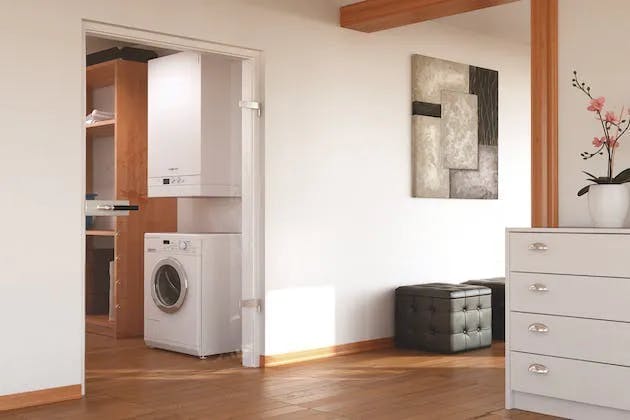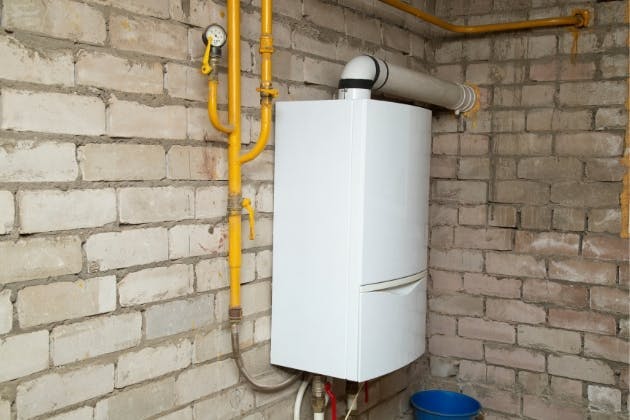Our homes need boilers to stay warm and comfortable, but what happens if they lose pressure?
Maintaining a comfortable living environment requires knowing the reasons and treatments for low boiler pressure, which can be a regular problem. We'll examine this issue in detail in this post and offer professional guidance on how to deal with it.
Why is my boiler losing pressure?
Many homeowners are concerned about low boiler pressure, and in order to prevent discomfort and possible damage, it is critical to solve it as soon as possible. Let's first define boiler pressure and discuss its significance.
What is Boiler Pressure?
The force of water circulating in your heating system is known as boiler pressure. The ideal pressure level, which is expressed in bars, normally ranges from 1 to 1.5 bars when the system is cool. Problems may occur when the pressure in your boiler falls below this range.

5 Reasons for Low Pressure in Boilers
Boiler pressure can drop for a number of reasons. Finding the source of the issue is essential before trying to resolve it. The following are some typical causes of low boiler pressure:
1. Leaks of water
Your heating system's water leaks may result in a slow loss of pressure. Examine the boiler itself, the radiators, and the pipes for any obvious leaks. Leaks should be fixed right away to stop additional pressure loss.
2. Radiators that bleed
Your heating system's pressure may drop if air gets inside of it. Restoring the right pressure level might be aided by bleeding your radiators to release trapped air.
3. Ineffective Pressure Release Valve
A leaky pressure relief valve could release more water, which would lower the pressure. Examine this valve and replace it if needed.
4. Sealed System Problems
The expansion vessel in a sealed system takes in water as it expands and contracts. Pressure issues could arise if this vessel fails.
5. Issues with Boiler Components
Pressure loss can also be caused by malfunctioning boiler parts, such as a broken pump or pressure sensor. Seek expert advice for a comprehensive examination and maintenance.

How Do I Fix Low Boiler Pressure?
After determining the typical causes, let's look at practical solutions for low boiler pressure. Remember that there are remedies that can call for expert help.
1. Repressurise the boiler
Repressurising the system is the first action to take in order to remedy low boiler pressure. Usually, to do this, water is added through a filling loop until the pressure gauge reaches the appropriate level.
2. Look for any leaks
Look for leaks in all areas of your heating system, including the boiler, radiators, and pipes. As soon as a leak is discovered, fix it to stop additional pressure loss.
3. Bleed your radiator
One easy yet efficient approach to get rid of trapped air in your heating system is to bleed the radiators. To make the water flow smoothly, open the bleed valve with a radiator key and let the air out.
4. Examine the valve for pressure relief.
Verify that the pressure release valve is operating as intended. Replace it if it's broken to stop excessive water leakage.
5. Examine the vessel for expansion
Look for any problems with the expansion vessel in a sealed system. It might need to be replaced if it's compromised or damaged.
6. Expert Guidance
Consulting a trained heating engineer is advised for complex issues or concerns with boiler components. They are able to precisely identify the issue and carry out the required fixes.
Contact our heating engineers in Chelmsford, Dunmow and Bishops Stortford
Get in touch by calling us on 07956575049 and we'll be happy to help.


